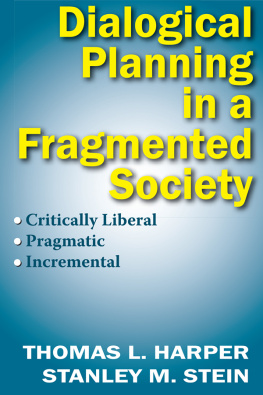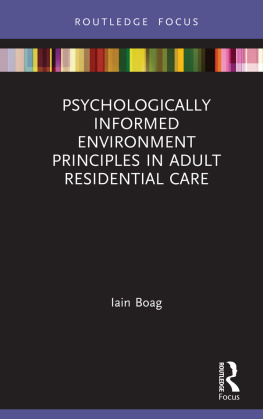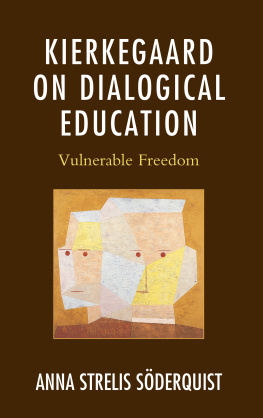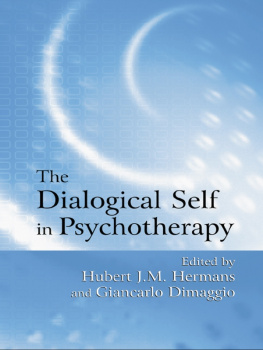Executive Summary
The Fulfilling Lives Programme is seeking to help people with multiple and complex needs to better manage their lives, by ensuring that services, across Newcastle and Gateshead, are more tailored and better connected to each other. The focus of the programme is on those people who often spiral around the system(s), are excluded from the support they need and experience a combination of at least three of the following four problems; homelessness; re-offending; problematic substance misuse and mental ill health.
During the early stages of the delivery of the Fulfilling Lives program a systemic problem was identified relating to clients with complex needs finding it difficult to access mainstream mental health services, with a number of reasons given such as alcohol and drug use as well as poor engagement with services. Despite many of these individuals having complex trauma histories and serious mental health problems they did not easily fit into the existing statutory mental health offer. However it was observed that Fulfilling Lives clients were accessing accommodation based and homelessness services and building relationships, and engaging, with the staff in these services.
Fulfilling Lives reflected on these observations from the frontline of service delivery. As a response a literature review was conducted around meeting the psychological needs of homeless people. A growing community of practice was identified around an innovative approach to this longstanding and entrenched system failure. This new approach was called Psychologically Informed Environments (PIEs). Supported by three services from within the Fulfilling Lives core partnership (Mental Health Concern and Oasis Aquila Housing) a pilot was delivered looking to introduce three different services to the PIE model.
This report seeks to answer what was the impact of the PIE pilot? and What are the implications for the wider multiple complex needs system? Drawing on interviews and focus groups conducted with staff and managers of all the participating services this report uses learning from the delivery and outcomes of the pilot to provide recommendations for embedding PIE in the wider system.
Findings
The PIE pilots delivered through the Fulfilling Lives programme were successful. The services involved have developed and changed their approaches to working with individuals with multiple complex needs leading to staff teams with more resource to problem solve, and to reflect and ensure their own self-care, and to improving outcomes for clients. There is not enough evidence across the three pilots yet to demonstrate a cost saving element of the PIE pilots but if this was extended further this would be an area of consideration for future evaluations.
Looking at the outcomes as delivered through the PIE pilots discussed above there is a strong case to be made for the value of expanding PIE throughout the wider multiple complex needs system.
The PIE approach sustained at all three services following the delivery of the training, and this supported by a commitment and desire to keep it going from all the services; and amongst the facilitators to improve their skills in delivering the reflective sessions.
PIE helps to develop positive, supportive and constructive relationships between staff that improve ability and confidence in engaging with clients with multiple and complex needs.
PIE has had a demonstrably positive impact on increasing staff resilience and personal capacity to work within the challenging multiple and complex needs system.
Strong peer relationships and reflective space has benefited staff performance and ability to carry out their roles effectively.
Being able to consider their uncertainties and approaches within a defined psychological framework has helped to create a common language of practice between the three separate services involved in the PIE, suggesting a cultural change.
A psychological framework gives staff the tools to better support their clients in a manner that offers the staff themselves reassurance and support without restricting their ability to problem solve constructively.
The tools offered by PIE have started to spill into the wider service environment suggesting a positive impact on culture change.
The potential barriers to sustaining PIE relate almost entirely to having dedicated and ring-fenced time and space for the reflective sessions.
The most positive and successful outcomes were seen at the service dealing on a consistent basis with clients of high complexity and need, whereas the service that saw the least engagement with PIE was that which had a more stable client base and a much lower level of chaos.
The skills developed through PIE could help to free up resources elsewhere in the system by up-skilling staff so that they did not always rely on other more specialist services to pick up with a difficult or challenging situation.
The benefits of a well-trained external facilitator is evident through how positively this role was received, and how it helped to ensure that the space needed for PIE to be sustained was ring-fenced. However there are concerns over the ability and support available to those who are chosen or volunteer to act up into this role from within the services.
One of the most appreciated parts of the training was that it was felt to be tailored to the services specifically and wasnt a generic offer across the board.
Recommendations
Based on the learning from the pilots we have concluded the following recommendations to successfully extend the PIE programme into the wider system:
Relative advantage is needed. This means services and staff need to see the immediate benefit to them over the status quo. Initial focus should therefore be on the services that have the most interaction with chaotic and challenging clients first and then extend backwards into services with less chaos as the model becomes more integrated across the system.
There needs to be a commitment from strategic and senior management and commissioners to allow for a PIE approach to embed. Services need to feel they have the permission to work outside of traditionally rigid performance structures.
Service level managers need to have visible buy-in - PIE will be more likely to fail if there is resistance at the service manager level. Time and resource must be invested to ensure this is in place before trying to establish PIE within services.
Service managers need support from senior management to ensure they can commit to the time and space needed for reflective sessions, and to consider physical changes if needed.
Resource needs to be given to ensure that the training is delivered by someone with expertise in PIE, and that the training materials are produced to a high standard.
Consideration must be given to ensure that training retains a service specific element.
A peer network of the trained facilitators from across the services should be established to support and ensure sustainability of peer facilitation.
To ensure capacity, quality, consistency and momentum in delivering PIE across the wider system a dedicated PIE training and facilitator position should be funded. This would be the most cost effective means of embedding PIE across the wider system.












